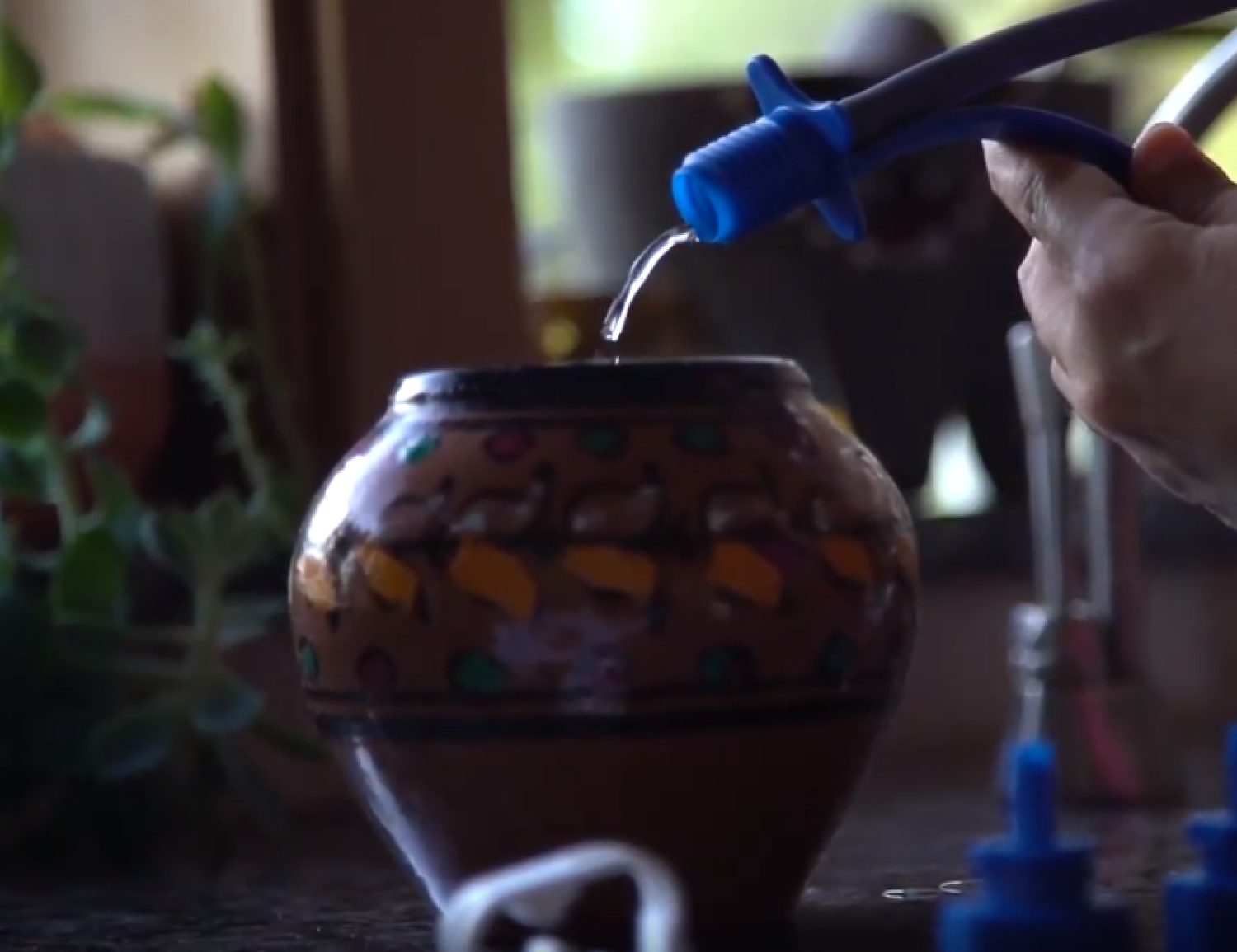Humanitarian Grand Challenge 2019: Seeking innovative proposals for Safe Water and Sanitation!
Creating Hope in Conflict:
A Humanitarian Grand Challenge
The second round request for proposals for the Humanitarian Grand Challenge is now open! Final submissions are due on Tuesday 16 July 2019 at 11:00 am Eastern Time.
The Humanitarian Grand Challenge seeks life-saving or life-improving innovations to help the most vulnerable and hardest-to-reach people impacted by humanitarian crises caused by conflict.
A key focus area for this year’s request for proposals is Safe Water and Sanitation. Donors are seeking proposals for bold ideas, technologies, processes and approaches that enable rapid provision of safe water and safe disposal of waste and sewage in the most vulnerable households and/or enable implementers to rapidly scale up programs.
You can find more information about this exciting request for proposals (RFP) below and by clicking through to the Humanitarian Grand Challenge website where the complete RFP and applications materials are posted.
Applicants are invited to submit proposals that address:
Improved Access to Safe Sanitation: underlying levels of low sanitation coverage are exacerbated during conflicts with displacement and new population density patterns, particularly for households hosting displaced people. Location of latrines often pose safety and security risks, particularly for women, girls, and people with disabilities.
Better Adaptation of Sanitation Behaviors: pre-existing cultural norms and taboos may be at odds with new living patterns, including adapting to using a latrine, shower, or other shared facilities.
Sanitation Infrastructure Challenges: in overcrowded camps or urban areas there is not enough space to construct sufficient sanitation infrastructure to meet SPHERE Handbook standards.1 The absence of facilities may cause communities to revert back to open defecation, as there are no affordable and appropriate options.
Create or Improve Waste Management Systems: waste management systems in conflict settings are limited, improperly maintained, or non-existent. We seek new or adapted solutions to dispose of waste, including fecal sludge, household, and animal waste management.



